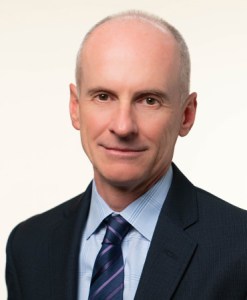Internal migration has been cited as a key channel by which societies will adapt to climate change. We show in this paper that this process has already been happening in the United States. Over the course of the past 50 years, the tendency of Americans to move from the coldest places (“snow belt”), which have become warmer, to the hottest places (“sun belt”), which have become hotter, has steadily declined. In the latest full decade, 2010-2020, both county population growth and county net migration rates were essentially uncorrelated with the historical means of either extreme heat days or extreme cold days. The decline in these correlations over the past 50 years is true across counties, across commuting zones, and across states. It holds for urban and suburban counties; for rural counties the correlations have even reversed. It holds for all educational groups, with the sharpest decline in correlations for those with four or more years of college. Among age groups, the pattern is strongest for age groups 20-29 and 60-69, suggestive of climate being an especially important factor for those in life stages involving long-term location choices. Given climate change projections for coming decades of increasing extreme heat in the hottest U.S. counties and decreasing extreme cold in the coldest counties, our findings suggest the “pivoting” in the U.S. climate-migration correlation over the past 50 years is likely to continue, leading to a reversal of the 20th century snow belt to sun belt migration pattern.
Suggested citation:
Leduc, Sylvain, and Daniel J. Wilson. 2024. “Snow Belt to Sun Belt Migration: End of an Era?” Federal Reserve Bank of San Francisco Working Paper 2024-21. https://doi.org/10.24148/wp2024-21

